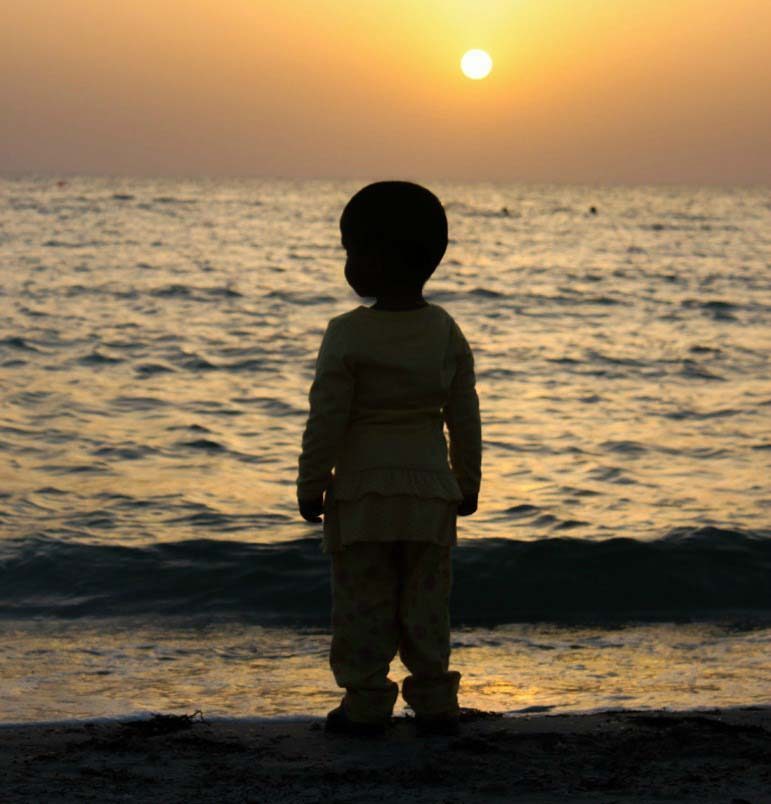
Education, medical, legal and human rights experts recently gathered in Doha to work on implementing “a national and coordinated approach” to handling abuse and violence against children in Qatar.
However, no details have been released about what the approach is or when it will be launched.
The three-day workshop was jointly organized by Hamad Medical Corp. (HMC) and Sidra Medical and Research Center.
Participants included officials from government bodies and private organizations such as Al Ahli Hospital, Primary Healthcare Corp., the Ministry of Interior’s police and forensics departments, the National Human Rights Committee (NHRC), and the country’s education and labor/social affairs ministries.
They discussed a “national process to address all kinds of child abuse (physical, sexual, and psychological abuse and child neglect) and the various government and support services required to handle cases,” according to a statement from HMC.
Dr. Khalid Mohamed Al Ansari, HMC’s Pediatric Emergency Services Director and the Division Chief of Emergency Medicine at Sidra, said the workshop, entitled Protect us young, we will protect you old, was the first step in a “long-term collaboration.”
He added:
“Child abuse is a problem in any society or community. Assessing child abuse requires a multidisciplinary approach. This initiative indicates the commitment from HMC and Sidra and the support from key stakeholders to address the issue and to immediately improve and develop processes to protect children.”
Multiple gaps
For years, experts and families have been calling for officials to establish more comprehensive systems and procedures for tackling reports of child abuse here.
A 2013 report by the Supreme Council for Family Affairs – Abuse and Violence Against Children – found that more than one in five children in Qatar were subject to abuse.
And the country’s National Development Strategy 2011-16 highlighted a number of problems, including a lack of data, incomplete investigations, reluctance to report violence within the family due to cultural and social norms, a lack of awareness of rights and a fear of repercussions.

The NDS said several strategies were in the works, including the criminalization of domestic abuse, setting up early detection mechanisms for child abuse and neglect in schools and a “comprehensive protection system that ensures privacy, protection and support for victims as well as anyone reporting violent incidents.”
Slow progress
However, progress has been slow. A law against domestic violence has been under discussion but has yet to be enacted, and there are no publicly-available policies and procedures on how authorities handle reports of child abuse.
One family whose seven-year-old daughter was reportedly abused during a sleepover last year spoke out about what they said was a lack of support by local hospitals, counseling centers and the police.
The father said he felt “very helpless” after trying to approach authorities. “I haven’t been given any point of contact, or any direction on what to do,” he said at the time.

Experts have previously highlighted a lack of coordination between authorities in Qatar, particularly health-care officials and law enforcement agencies, and a failure to follow-up on cases that are identified by medical staff.
In this latest statement, HMC said its staff at the country’s Pediatric Emergency Centers have been trained in identifying cases of abuse and violence against children.
“They will also ensure that the child and their family are directed to the right authorities so that the case is handled in the most humane and sensitive manner, without impacting on their rights or privacy,” the statement said.
But it is not clear how this will be implemented, or how suspected cases of abuse by family members will be handled – a sensitive issue world-wide, but particularly in conservative societies.
Thoughts?







